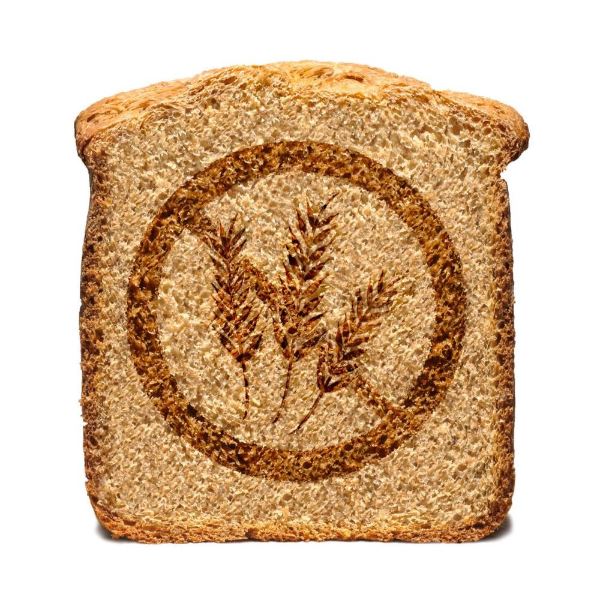You may have heard about the health benefits of a gluten-free diet. Or a friend may have told you how much more energized she feels since giving up gluten. Or you may have tried cutting gluten in an effort to lose weight.
There are many reasons people consider gluten-free living. Not all of them based on science. Gluten-free living comes also comes with a few downsides. Let's take a look at when gluten-free eating is helpful and when it is not.
What is gluten?
Gluten is a protein. It is found in wheat, rye, barley, and triticale. Triticale is a cross between wheat and rye. Gluten gives dough its elasticity and its classic chewy soft texture.
Many food items contain gluten, like pasta, cereal, and bread. Beer, brewer's yeast, and baked goods do too. Gluten can be found in many unexpected items. Soup, French fries, and potato chips are a few. You can also find it in tortillas, candy bars, and salad dressing. Prescription and over-the-counter medications may also contain gluten. It may be used as a binding agent in these medicines.
When is gluten-free living recommended?
It is best for those who have celiac disease (celiac sprue). Celiac disease is an autoimmune condition. It affects one in ten people worldwide. Eating any foods with gluten will trigger an immune response in those with this disease. This response attacks the small intestine.
These attacks damage the lining of your small intestine over time. Your body will not be able to properly absorb nutrients. This means that you cannot get enough nutrients no matter how much you eat. Complications may develop if left untreated. Weak bones, infertility, and lactose intolerance are a few. Skin issues (itchy rash), and anemia (low red blood cell count) may also occur. It can also cause migraines or seizures and intestinal cancers. A blood test can detect celiac disease.
Gluten-sensitivity has symptoms that are similar to celiac disease. But it doesn't cause intestinal damage or an autoimmune response. These symptoms may include bloating, gas, diarrhea, joint or abdominal pain. Currently, there is no way to test for gluten-sensitivity. It is important to rule out celiac disease first. This is because if it is left undiagnosed, it can result in serious complications.
Should I avoid gluten if I do not have celiac disease?
No, unless you and your doctor believe you might be gluten-sensitive.
Currently, a gluten-free diet is the only way to treat a gluten-sensitivity. Don't forget, gluten-sensitivity and other gastrointestinal illnesses are similar. So always speak with your doctor before removing gluten from your diet.
Do not follow a gluten-free diet for weight loss or to increase energy levels. Do not remove gluten just to feel healthier. There is no reason to avoid gluten unless you have celiac or a sensitivity to gluten. Plus you may miss out on important nutrients.
Mom's Meals® can help
We know that better health begins with the foods we eat. This is why we provide nutritious meals to support those with common chronic conditions, like celiac disease. We have created many tasty gluten-free meals just for you.
Meals on our gluten-free menu have less than 20 parts per million (ppm) of gluten. They are created based on FDA guidelines. An independent third-party test and verifies them. They use the ELISA method. This is a biochemical method. It detects low levels of gluten in prepared and processed foods and beverages. If you have any questions or would like help with your next order, our customer care team is ready to assist you.
Learn more about our nutritious meals designed to support common health conditions.



